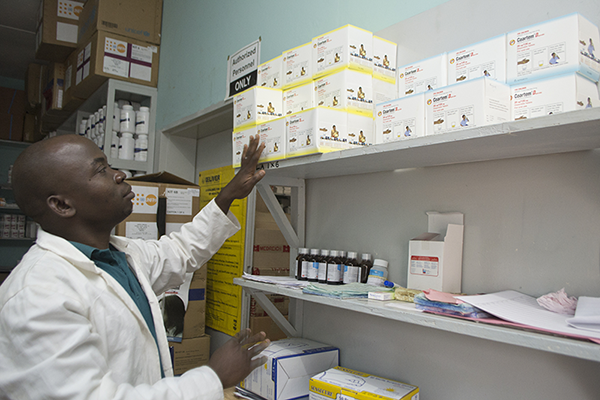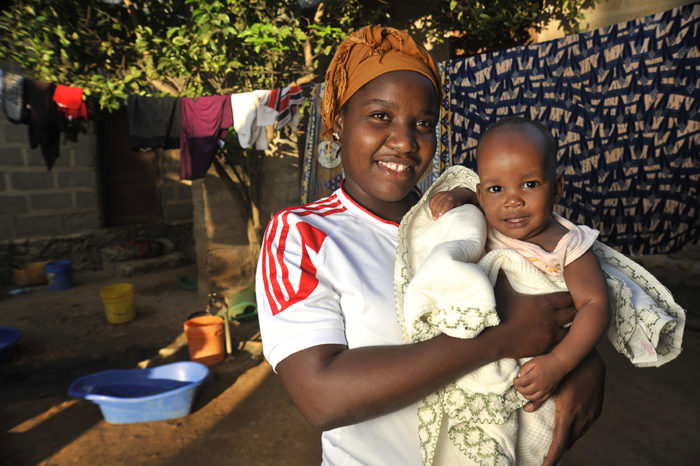In this step, program staff will determine whether or not their SBCC campaign met its objectives and had its intended effects on knowledge, attitudes and behavior of their intended audiences. Program managers can use this information to decide whether or not to continue the campaign and if so, how it could be adapted to be more effective. Evaluating SBCC programs combatting SSFFC malaria medicines is similar to evaluating SBCC on other health issues, so the focus here is on key considerations when evaluating SSFFC malaria medicines SBCC campaigns. For detailed instructions concerning program monitoring and evaluation, see How to Develop a Monitoring and Evaluation Plan or take the self-paced online SBCC Training Module 5.
What Questions Should I Ask to Evaluate an SSFFC Malaria Medicines SBCC Campaign or Intervention?
Evaluation questions will depend on the objectives and theory behind the communication strategy. Most often, SBCC programs are designed to influence knowledge, feelings of vulnerability and self-efficacy, practices and/or perceived norms around the specific topic being addressed. For example, law enforcement and consumer behavior. See examples of questions asked about SSFFC malaria medicines in Nigeria.
What Evaluation Methodology Should Be Used?
 The sources of information and the types of information program staff want to collect will determine the evaluation methodology that should be used. Interviews are the best method for measuring knowledge, attitudes, beliefs, intentions and behavior. However, survey results may not accurately reflect the behavior because, for example, the respondent may not correctly recall the topic or feel social pressure to respond a certain way. Observations are often the best way to measure adherence to prescription practices and standards, especially among health workers or drug dispensers. Retail audits can also provide helpful information about supply. During these visits, the observers randomly sample drug shops and pharmacies to audit the types of ACTs they stock and learn where they procure them from. However, observations and audits may not be possible given the program size, human resources available or the type of behavior being measured. For a more in-depth discussion of evaluation methodologies, see How to Design a Monitoring and Evaluation Plan, as well as the M&E for SBCC for Malaria modules.
The sources of information and the types of information program staff want to collect will determine the evaluation methodology that should be used. Interviews are the best method for measuring knowledge, attitudes, beliefs, intentions and behavior. However, survey results may not accurately reflect the behavior because, for example, the respondent may not correctly recall the topic or feel social pressure to respond a certain way. Observations are often the best way to measure adherence to prescription practices and standards, especially among health workers or drug dispensers. Retail audits can also provide helpful information about supply. During these visits, the observers randomly sample drug shops and pharmacies to audit the types of ACTs they stock and learn where they procure them from. However, observations and audits may not be possible given the program size, human resources available or the type of behavior being measured. For a more in-depth discussion of evaluation methodologies, see How to Design a Monitoring and Evaluation Plan, as well as the M&E for SBCC for Malaria modules.
Who Should Be Interviewed?
The individuals that program staff interview will depend on the audiences they are aiming to influence. If, for example, the program messages are designed to get informal drug sellers to purchase malaria medicines only from licensed pharmacists and wholesalers, then staff will probably want to interview drug sellers and possibly observe their stocks of ACTs and monotherapies. If programs want consumers to scratch the MAS pad and text the number for confirmation of authenticity, they will want to interview consumers who have purchased medicines during the campaign period.



No Comments